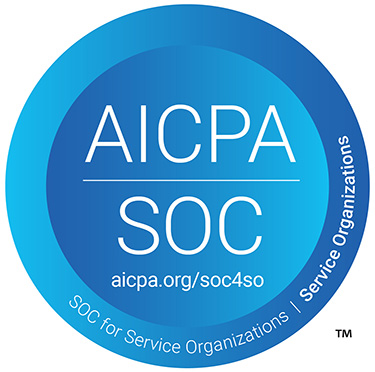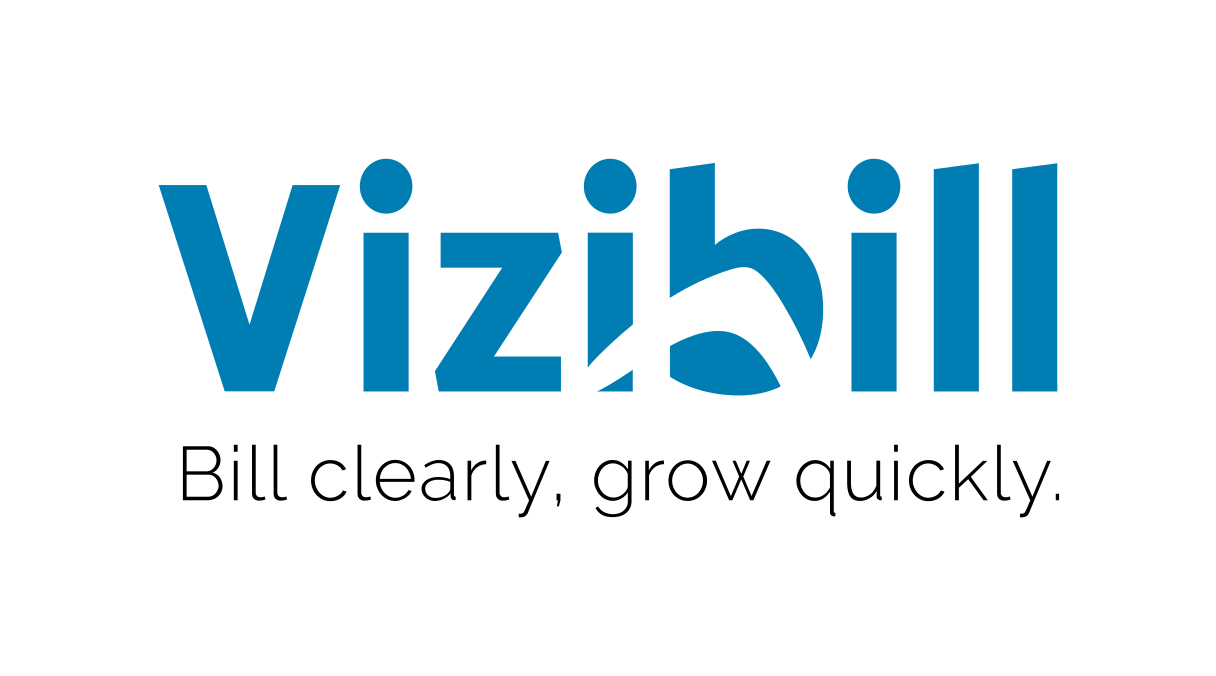Finding the best billing software for your business's needs can seem like an impossible task, especially when it comes to differentiating between vendors. Nearly every billing vendor likely offers the same core functionality. You'd be hard-pressed, for instance, to find subscription billing software that doesn't support recurring invoices, for instance.
When evaluating and selecting which billing system is right for your business, there are a few questions you can ask to narrow it down.
Baseline: Integration and Implementation
First is our baseline — how well does the billing system integrate with your business? There are three specific questions you should look to answer.
1. Can the Billing System Integrate With My Existing Databases Without Extra Cost?
First, how easy is it to incorporate the billing system into your business's existing databases? Even the best invoicing software can end up being more trouble than it's worth if it requires multiple hours of implementation work from your IT department. Look for a solution that's designed for ease of implementation and broad database compatibility.
2. Does the Billing System Offer Sufficient Data Security?
Provided a billing system integrates easily with your databases, your next question involves security. Is the prospective billing system SOC 2 and PCI-DSS compliant? Or, to put it another way, does the prospective billing system provide satisfactory protection for both your data and customer data?
SOC 2 and PCI-DSS both serve the same purpose here — they let you know how seriously a vendor manages its own security hygiene and security posture. Depending on your industry and location, you may also need to consider other regulations, such as Sarbanes-Oxley (SOX), the General Data Protection Regulation (GDPR), and any industry-specific auditing and reporting requirements.
3. Can the Billing System Bill Existing Products and Services Right Away?
Lastly, once the new system is up and running, does it incorporate your existing products and services immediately? Similar to how you want a billing system that integrates with your existing databases, you also want that system to intelligently connect with your portfolio of products and services. Otherwise, your team will need to waste valuable hours on manual configuration.
Scalability and Flexibility
Once we've cleared the baseline questions, the next step is to assess how well the prospective platform can adapt and scale to your business's changing requirements.
1. Can the Billing System Handle Vastly Different Pricing Models?
The first factor to assess here is how well the billing system adapts to different service plans, pricing tiers, product bundlings or customer discounts. This may be either more or less relevant depending on the nature of your business. If, for example, you operate with a relatively simple recurring revenue model that is unlikely to change, flexibility is somewhat less important.
However, if there's a chance that your business may introduce new products, services, or bundles over time, then you'll need a more dynamic billing solution.
2. How Long Does It Take to Add New Products to the Billing System?
If you were to launch a product or service, how easy is it to bring that new item into the prospective billing system? Is it ready and running more or less right away, or does it require manual configuration? As with the previous question, this may be either more or less important depending on your business and its products/services.
Additional Features: "Nice-to-Haves"
Once you've identified a billing system that's both flexible and easy to integrate, it's time to start thinking about features which, while not necessarily business-critical, still add value to the software.
1. Can the System Produce Tools or Data Points for Proactive Decision-Making?
You can learn a great deal about a business by examining its financials. With that in mind, how comprehensive is your prospective billing system's reporting functionality? For instance, if it generates CAC or LTV data points, can that data be translated into easily understandable visual reports?
2. Does the Billing System Monitor Key Performance Indicators?
Tangentially related to question one, does the prospective billing system produce KPIs that can be applied to overall KPI design? Examples could include billing cycle time, cash flow, billing efficiency, or cost per invoice. Identify your core KPIs prior to this stage so you know what to look for.
3. Does the Billing Software Calculate Income Tax Based on Billing Data?
This is more icing on the cake, but a billing system that also calculates taxes can make things considerably easier for your business. Income tax aside, your business may also want to look for a billing system that automatically tracks and calculates deductions like GST and sales tax.
Customer Experience
Billing is a two-way street — which means that the customer experience offered by a billing system is as important as its backend.
1. What Do Invoices/Bills Look Like?
Does the billing system generate invoices that clearly state the customer's name and information? Does it provide the right data for customers looking to make a payment? Does it calculate and display the proper billing amount?
These factors aside, are you able to customize the invoices to your business's branding?
2. Does the Billing System Provide a Self-Service Portal to Customers?
Are customers able to access a portal where they can update and review their information or modify their service plans? A well-designed billing system provides transparency and two-way communication between your business and its customers. In doing so, it also provides customers with a sense of control.
How Vizibill Stands Out As a Recurring Billing Platform
Finding the right billing software for your business doesn't need to be an uphill battle.
An industry leader in recurring billing software, Vizibill is purpose-built to overcome the challenges of the recurring revenue model. It integrates readily with existing billing systems and requirements, offers robust reporting functionality, and leverages industry-leading SOC 2-compliant security protocols. Finally, the platform supports a variety of subscription models, including fixed-price, hybrid, usage-based and dynamic billing.
In other words, it supports enterprise billing requirements at every level — and in so doing, enables business success.






